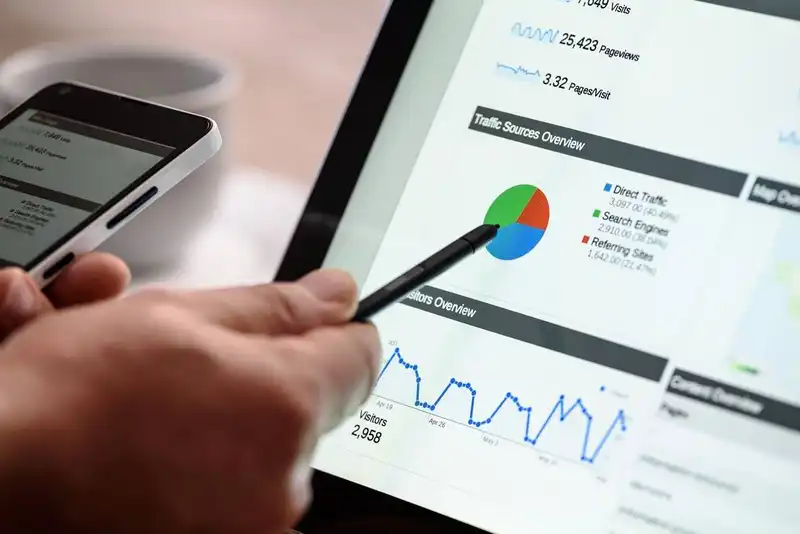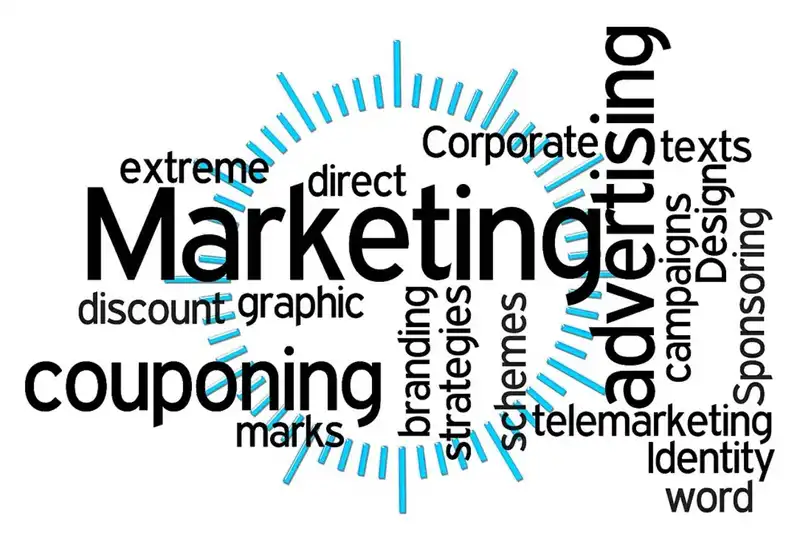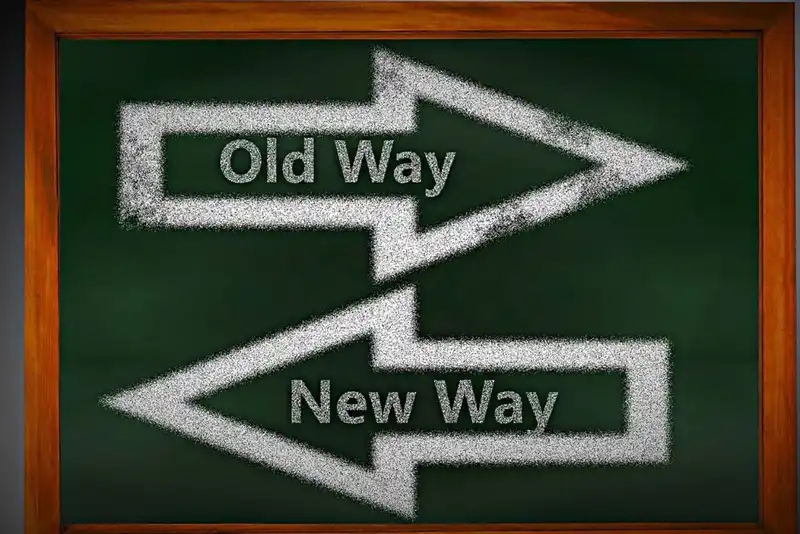The Importance of Marketing Campaign Examples

What is the Importance of Marketing Campaigns for Restaurants?

Marketing campaigns help promote a restaurant business to customers. Developing a successful marketing campaign helps restaurants stand out from their competition.
There are a variety of ways that a restaurant can create a marketing campaign. With the advancements in technology, many of the options take little to no financial investment. For example, social media content or blog posts can attract the target audience and deliver built-in tracking analysis to see the conversion rate.
These technologies are widely adopted in many marketing campaign examples-
- Graphic Images- A skilled graphic designer can work together images that reflect the brand and its message. These images are then used for advertorials, email blasts, and more to get the message out for the desired effect.
- Video Marketing- Over the last few years, incorporating video marketing has grown more evident in marketing campaigns. Video marketing goes beyond just commercials. They can be used on websites and social media campaigns to connect with potential customers.
- Business Websites- All food and business owners should have a dedicated website presence where customers can go online and gather information. It can be a simple landing page, or an extensive website build. The important thing is to have a menu and a contact page.
- Email Ads- As mentioned, email campaigns and ads are a great way of continuing communication with customers. This is especially helpful when incorporating a loyalty reward program.
Marketing Campaign Examples

Restaurant owners need to have restaurant marketing strategies to remain competitive in a growing marketplace. Today's digital age has led most restaurants to lean into email and social media for their marketing efforts.
To reach and maintain customers using these methods, here are a few marketing campaign examples used in the past.
1. Highlighting customers on social media
Social media is meant to engage with customers in a manner that makes them feel included. Start conversations by asking questions or requesting user generated content from followers.
The burger chain, FiveGuys, uses this strategy as part of their ongoing restaurant marketing strategy. They feature customers on their Facebook page under a campaign they call FiveGuys Fanatic. It creates an energy on the page that encourages other fans of the food chain to share their own images.
2. Showcase seasonal or holiday menu items
Customers love to try new items, especially when they are only available for a limited time. Using the holidays or change in seasons as inspiration, they food items themselves make great marketing material. Clear pictures with enticing descriptions used on social media posts, on table toppers, or inside the menu itself with entice customers to try the new items.
The Cheesecake Factory is an example of this type of campaign when they promoted their Peppermint Bark Cheesecake for the holiday season. Texas Roadhouse used Valentine's Day to lean into their signature shelled peanuts gimmick with a "Nuts About You" graphic. This incorporated the holiday with the brand specific feature.
3. Focus on the chef or staff
Knowing who is serving them, endears customers to their favorite establishment. Applebee's joined Food Network star and chef Tyler Florence for inspired dishes. They made certain to let customers know about his presence through emails. But it doesn't have to be a celebrity appearance, sending out emails about the chefs developing the menu (with their permission) is also a good marketing tool.
4. Send a birthday discount
Recognizing a customer on their birthday is a nice way to remind them that about the business. Sweetening the deal with a discount coupon is always welcome in an email inbox and provides more incentive to dine there.
According to Experian, birthday emails bring in over 342% more revenue than a standard promotional email. That's a big number! Plan in advance with an email generator to make sure the emails are delivered on time.
5. Remind customers about the loyalty program benefits
Most customers on an email list will have already signed up for a loyalty program. However, those on social media or dining in-house could use a gentle reminder.
Research has shown 76% or women and 73% of men are repeat diners when a loyalty program is involved. It can be as simple as the Dunkin Donuts or Starbucks cards which garner points with every purchase.
Key Takeaways: Examples of social media and email marketing for restaurants-
1. Highlight customers on social media
2. Showcase a seasonal or holiday menu
3. Focus on the staff or the chef
4. Send birthday greetings with a discount
5. Remind customers of the benefits to joining the loyalty program
Conclusion to Marketing Examples
- Incorporate technology wherever possible when developing a marketing plan.
- Marketing campaigns keep restaurants memorable through brand identity, personality, and emotion engagement.